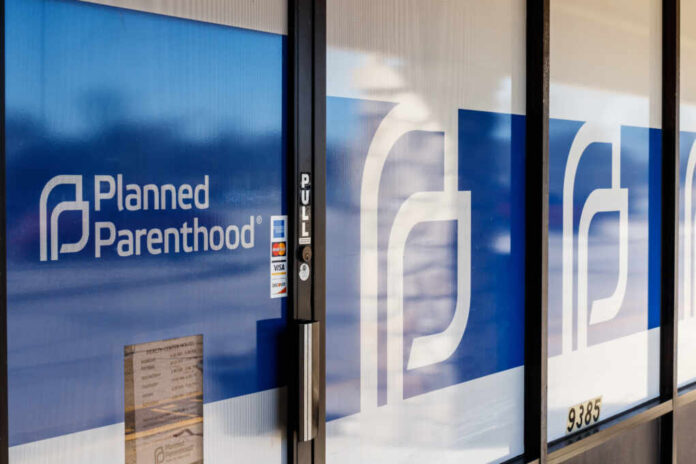
A federal judge has dealt a controversial blow to Planned Parenthood, leaving many of its clinics without Medicaid funding and igniting a fiery debate over reproductive rights and federal funding.
At a Glance
- Judge Indira Talwani issued a partial injunction affecting Planned Parenthood’s Medicaid funding.
- Only certain affiliates without abortion services or high Medicaid revenue can receive funding.
- The law signed by President Trump aims to block Medicaid funds for Planned Parenthood for a year.
- The case intensifies the national debate on reproductive rights and federal funding policies.
Partial Injunction Leaves Many Clinics in Limbo
On July 21, 2025, U.S. District Court Judge Indira Talwani issued a partial preliminary injunction in a case that has captured national attention. This injunction allows only a select group of Planned Parenthood affiliates to continue receiving Medicaid reimbursements. Affiliates that do not provide abortion services or did not exceed $800,000 in Medicaid revenue in 2023 are temporarily protected. This decision leaves a significant number of clinics excluded, sparking both relief and outrage across the country.
I’ve had few more meaningful professional experiences than working at Planned Parenthood. That meaning came from knowing that people who needed care could get it from our health centers – the same people will be devastatingly hurt by Tr*mp’s cuts. 💔https://t.co/3eqw0xoGOJ
— Jesse Mermell (@jessemermell) July 23, 2025
Planned Parenthood, one of the largest providers of reproductive health services in the United States, has been at the center of political battles for years. The recent law signed by President Trump on July 4, 2025, aims to block Medicaid funds from reaching Planned Parenthood for a year. While previous legislative attempts to defund the organization have been met with legal challenges, this latest move has already prompted a lawsuit that could redefine the future of federal funding for health services.
Judge temporarily blocks Medicaid cuts to Planned Parenthood
The Court Battle and Its Implications
This legal showdown pits Planned Parenthood against the federal government, with significant implications for both patients and providers. Planned Parenthood argues that the law violates constitutional rights, including equal protection and First Amendment rights. Judge Talwani’s decision to issue a partial injunction reflects the complex balance between constitutional concerns and legislative authority. The judge acknowledged the potential harm to patients who depend on Medicaid-funded services but stopped short of fully blocking the funding ban.
Impact on Patients and Communities
The immediate impact of this legal decision is felt most acutely by the patients who rely on Planned Parenthood for essential health services. Many of these patients are low-income individuals who depend on Medicaid for contraception, cancer screenings, STI testing, and other preventive care. The exclusion of many Planned Parenthood clinics from Medicaid funding creates an administrative nightmare as clinics determine their eligibility and patients seek alternative care providers.
The long-term implications are equally concerning. If the law ultimately stands, it could force affected clinics to close or downsize, particularly in underserved areas where alternative providers are scarce. This would lead to reduced access to preventive care, potentially increasing rates of unintended pregnancies, undiagnosed cancers, and untreated STIs. Community health centers, often cited as alternatives, may lack the capacity or specialized services to fill the gap left by Planned Parenthood.

























